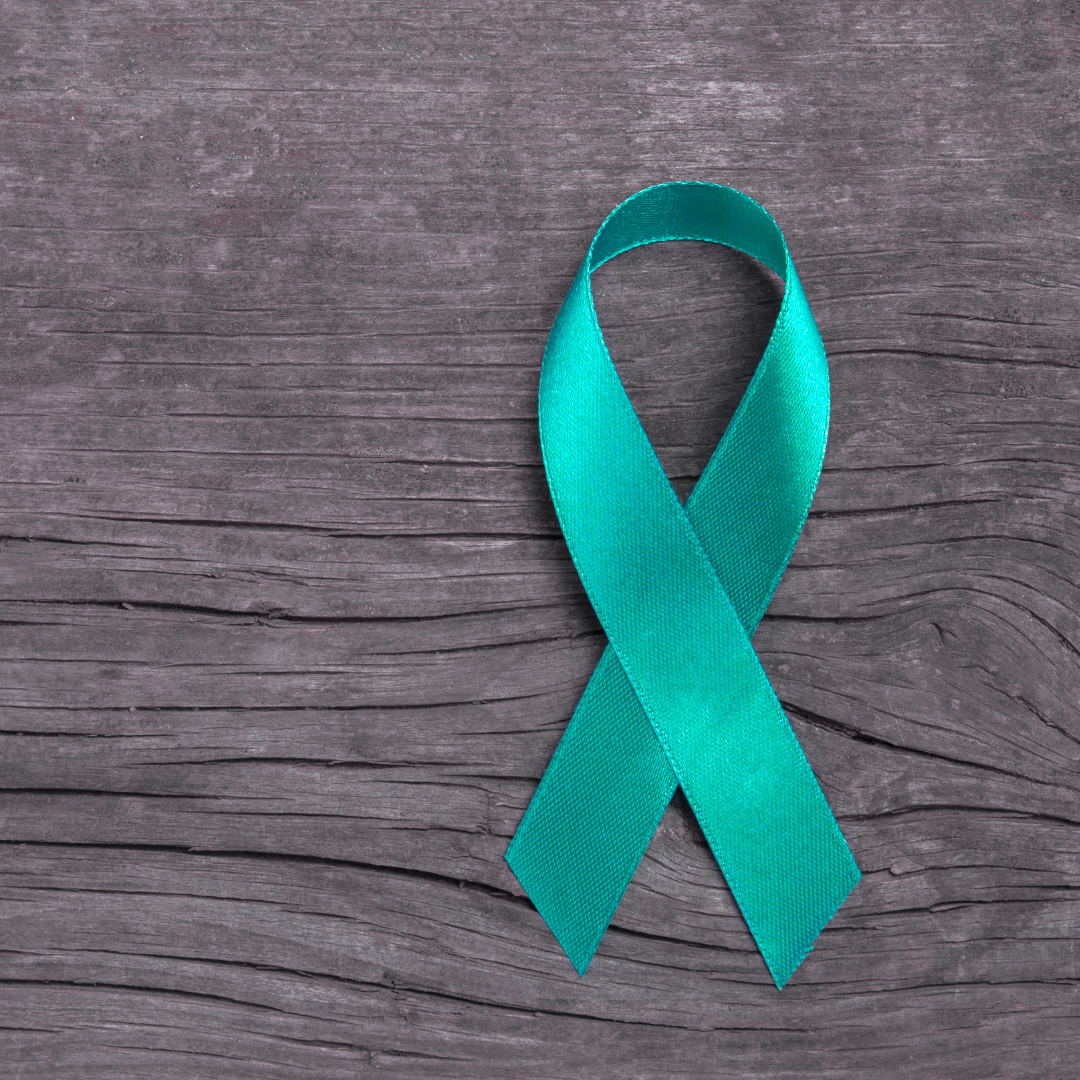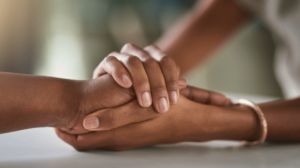Post Traumatic Stress Disorder (PTSD) is a mental disorder caused by a traumatic life event. Any situation that puts you in fight-or-flight mode could lead to post-traumatic stress disorder.
While 76 percent of Canadians report experiencing a traumatic event over the course of a lifetime, just 8 percent of those people will develop PTSD. Everyone processes traumatic events differently. While men report more traumatic events, women are more likely than men to develop PTSD.

What is Trauma?
Any situation that causes fear for your well-being (physical or emotional) or another person’s well-being can be considered a trauma.
Psychologists refer to these events as “Big Ts” and “Little Ts,” both of which can cause anxiety symptoms. Some examples of “Big Traumas” that can lead to PTSD include sexual assault, surviving a plane crash or natural disaster, and being in combat. “Little Traumas” include divorce and infidelity, financial struggles, arguments, and relocation. These events can cause trauma symptoms but do not usually result in full-blown PTSD.
If a friend or family member experiences a traumatic event and you repeatedly hear the details, or if you are exposed to the trauma of others on a regular basis through professional interactions, you might be at risk of developing PTSD. This is sometimes the case for doctors, journalists, first responders, those working with high-risk populations and other front-line workers. However, it is important to note that traumatic events – which can be a part of everyone’s life – do not always lead to a diagnosis of PTSD. The vast majority of people will recover from the trauma they have experienced.

Symptoms of Post Traumatic Stress Disorder
PTSD can look different for every person living with the disorder. Some of the most commonly reported symptoms include:
- Recurring nightmares
- Feeling as though you’re reliving the traumatic event
- Avoiding people and places that remind you of the event
- Excessive worrying
- Panic attacks
- Difficulty sleeping
Most often these symptoms will reveal themselves within three months of the traumatic event, although this isn’t always the case; sometimes symptoms take longer to develop.
When children experience PTSD, they might start wetting the bed at night, be unable to speak, or they might even start acting out the traumatic event in their play.
Teenagers experiencing PTSD might display disruptive or aggressive behaviour. They also tend to show similar symptoms to adults.

Post-Traumatic Stress Disorder Treatment
Some treatments for anxiety disorders have been useful in treating PTSD. These include medications, cognitive behavioural therapy, and other forms of psychotherapy.
Some alternative therapies have also proven effective such as trauma-sensitive yoga, acupuncture, and virtual reality exposure.
If you have further questions about PTSD, Anxiety Canada has many helpful resources.

What is Post-Traumatic Growth?
Post-traumatic growth isn’t the opposite of post-traumatic stress. In fact, both can exist at the same time.
Some patients with PTSD experience positive outcomes from the illness, often noted by their psychologist. They may have a renewed appreciation for their life, home, health, family or friends. They may become more spiritual or feel more open to change.

Interested in Supporting Young Adults Living with PTSD?
PTSD is one of the many serious mental disorders that Eli’s Place will treat in young adults aged 18-35. If you would like to help us open our doors and begin treating some of the 8 percent of Canadians living with PTSD, see here.
Eli’s Place will be a rural, residential treatment program for young adults with serious mental illness. To learn more about our mission and our proven-effective model click here.




